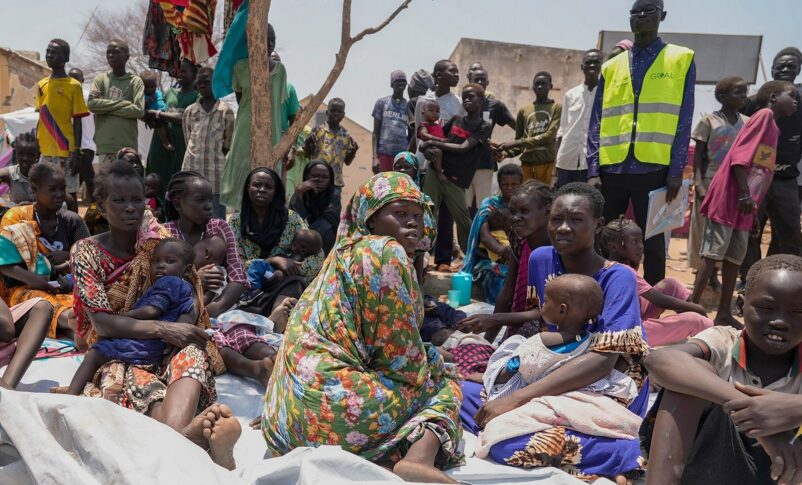More than 8 million forcibly displaced by Sudan conflict
March 12, 2024 (KHARTOUM) – At least 8.3 million people have been forcibly displaced due to the outbreak of conflict in Sudan since April 2023, including 6.4 million internally and 1.7 million in neighbouring countries, the United Nations said.
Before the conflict, Sudan and its neighbouring countries were already hosting large refugee populations and require additional support to provide protection and critical life-saving assistance, including for those who have been secondarily displaced within Sudan.
Urgent needs, it stated, include water, food, shelter, health and core relief items.
The current priority activities are the registration of new arrivals, relocation away from border areas, identification of especially vulnerable families and persons with specific needs, and putting mechanisms in place to prevent and respond to gender-based violence and ensure alternative care services for unaccompanied refugee children.
Five other neighbouring countries have also received huge numbers of Sudanese refugees. More than half a million people have fled to Chad since April, 2023.
On average, the UN revealed, at least 1,500 people cross daily into South Sudan.
The latest wave of violence in the 20-year conflict has left nearly half of Sudan’s 49 million people requiring aid, amid reports that 12,000 people had been killed by the end of 2023, although the actual death toll is believed to be higher.
Sudan plunged into chaos last April when long-simmering tensions between the military, led by General Abdel Fattah al-Burhan, and the paramilitary Rapid Support Force (RSF) headed by Mohamed Hamdan Dagalo, also known as Hemedti, erupted into street battles in the capital, Khartoum, and other areas.
The violence has extended from an earlier conflict that began in 2003, when rebels from the territory’s ethnic sub-Saharan African community launched an armed rebellion, accusing the Arab-dominated government in Khartoum of discrimination and neglect.
The government, under then Sudanese President Omar al-Bashir, responded with aerial bombings and unleashed the militia group Popular Defence Forces, also known as the Janjaweed, which is accused of mass killings and rapes.
Up to 300,000 people were reportedly killed and 2.7 million driven from their homes.
(ST)

